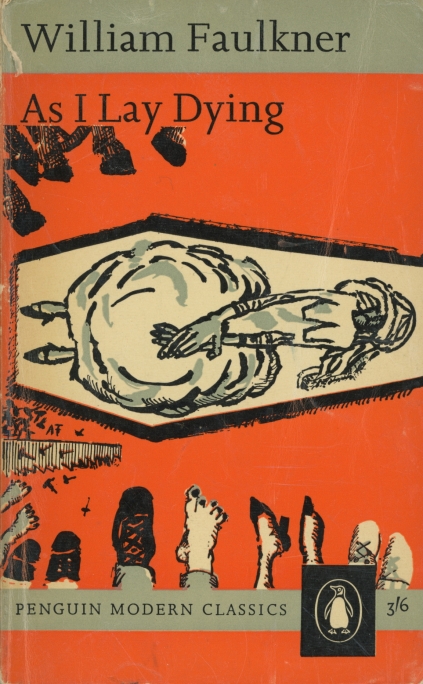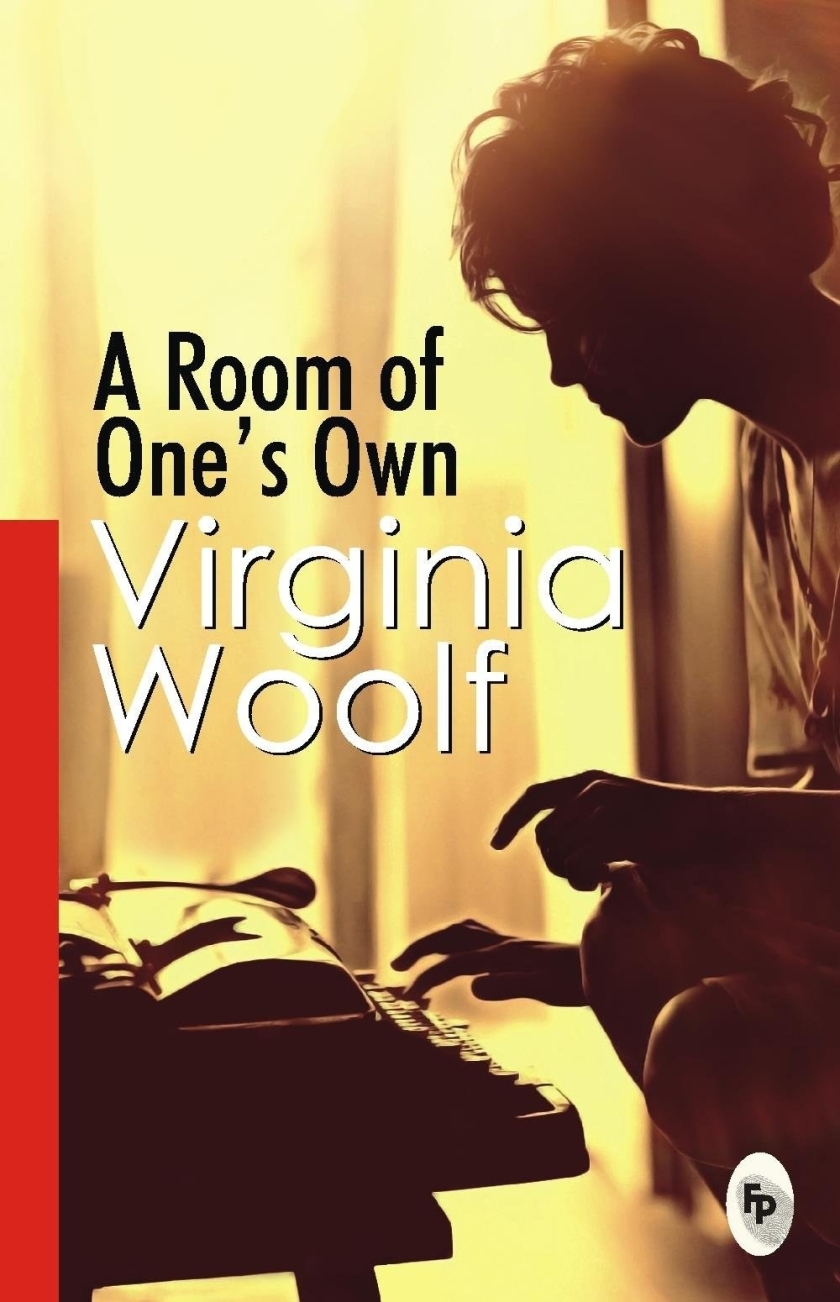❮ Poetry & Prose ❮ Books / People
❝
The past is not dead. In fact, it’s not even past.
❞
William Cuthbert Faulkner was an American writer and Nobel Prize laureate from Oxford, Mississippi, The United States of America. Faulkner is praised for his ability to recreate the thought process of the human mind.
♟ | 25th September, 1897, New Albany, Mississippi.
☠ | 6th July, 1962, Byhalia, Mississippi.
I got familiar with Mr Faulkner as a result of Ms Morrison and that applies too to one Mr Herman Melville. The more we dig ~ Seamus Heaney ~ the routes we take ~ Robert Frost & Jack Kerouac ~ the deeper within ourselves we delve ~ The Secret Sharer & The Abyss ~ the more we discover, but the less, it seems to me, we know. And, well, I dunno… do you!
❝
Memory believes before knowing remembers. Believes longer than recollects, longer than knowing even wonders.
❞
They say that Faulkner is incomparably more contemporary than either Fitzgerald or Hemingway — I’d have liked some comparisons to Steinbeck (perhaps I’ll quarry) — here the ‘they’s’ Robert McCrum.


As I Lay Dying
As I Lay Dying is the first, and probably the most popular, of Faulkner’s Yoknapatawpha County stories, a short, dark and compelling novel set in what he called “my apocryphal county”, a fictional rendering of Lafayette County in his native Mississippi. It was his ambition, he said, after the comparative failure of The Sound and the Fury, “deliberately to write a tour de force”. Apart from Mark Twain, Robert McCrum writes, “no other American writer before Faulkner had ever immersed his readers so completely in the vernacular language and culture of a society that was, and perhaps still is, so deeply foreign to mainstream American experience.” God and James Dean? Of grapes, mice and the path west, which a male Morrison does declare to be the very best (better than all the rest).
The death and burial of a southern matriarch, Addie Bundren, is told from some 15 viewpoints, including that of the dying woman herself. The Bundren family’s demanding stream-of-consciousness narrative (Faulkner was a modernist pioneer) is intercut with the voices of the local doctor and preacher, together with neighbours and friends. From the first line, the reader is pitched into the deep south: “Jewel and I come up from the field, following the path in single file… anyone watching us from the cotton-house can see Jewel’s frayed and broken straw hat a full head above my own.” Welcome to a brutal, backwoods community of impoverished cotton farmers in 1920s Mississippi.
Addie’s dying wish is to be buried among her own people, “a hard day’s ride” away. So her family are carting her coffin to Jefferson, Miss, for the funeral. The Bundrens’ journey to these last rites becomes itself a rite of passage punctuated with fire (a burning barn) and water (a dangerous river crossing). The brilliance of this sometimes difficult novel lies in Faulkner’s compulsive, bleak unfolding of Addie’s history and her relationship with her beloved son, Jewel, the result of her affair with Rev Whitfield, the local minister.
An aside:
Faulkner claimed he wrote As I Lay Dying from midnight to first light in six weeks while working at a power plant to make ends meet, and moreover that he did not change a word of it. This claim is now seen as apocryphal as Yoknapatawpha County itself. According to many sources, the title of his seventh novel derives from Book Eleven of The Odyssey, a passage where, with “As I lay dying…”, Agamemnon tells Odysseus about his murder.
The Sound and the Fury (1929)
The Sound and the Fury is a hugely influential work of literature. Faulkner has been praised for his ability to recreate the thought process of the human mind. It is viewed as an essential development in the stream-of-consciousness literary technique and as such, the Modern Library in 1998, ranked it as the sixth best English-language novels of the 20th century.
Light in August (1932)
Absalom, Absalom! (1936)
Black lives matter
In an article for Atlas Obscura, entitled: “The Artists and Writers Who Fought Racism With Satire in Jim Crow Mississippi,” William Browning (May, 2019) writes that in the charged atmosphere of the 1950s and 1960s public opposition to white supremacy was rare and dangerous. But a small, loosely connected group on and around the University of Mississippi campus — Faulkner among them — raised their voices in opposition. But they could not do so publicly or directly. Instead, they used satire and art: including clandestine newspapers that skewered the logic of segregation.
This much (*3) though i oh so acutely do know:::
❝
Between grief and nothing I will take grief.
❞
❝
Tomorrow night is nothing but one long sleepless wrestle with yesterday’s omissions and regrets.
❞
❝
An artist is a creature driven by demons.
❞
READING LIST ETC.
ENGLISH LIT.
The English language
“Elizabethan era” / “Love letters”
French in English / Latin in English
Anthology / Chronology / Terminology
Phrases & idioms (with their etymologies)
Literary criticism: analysing poetry & prose
Glossary of works, writers and literary devices:
A B C D E F G H I J K L M N O P Q R S T U V W X Y Z
📙 Books 📕 Poets 📗 Thinkers 📘 Writers





















